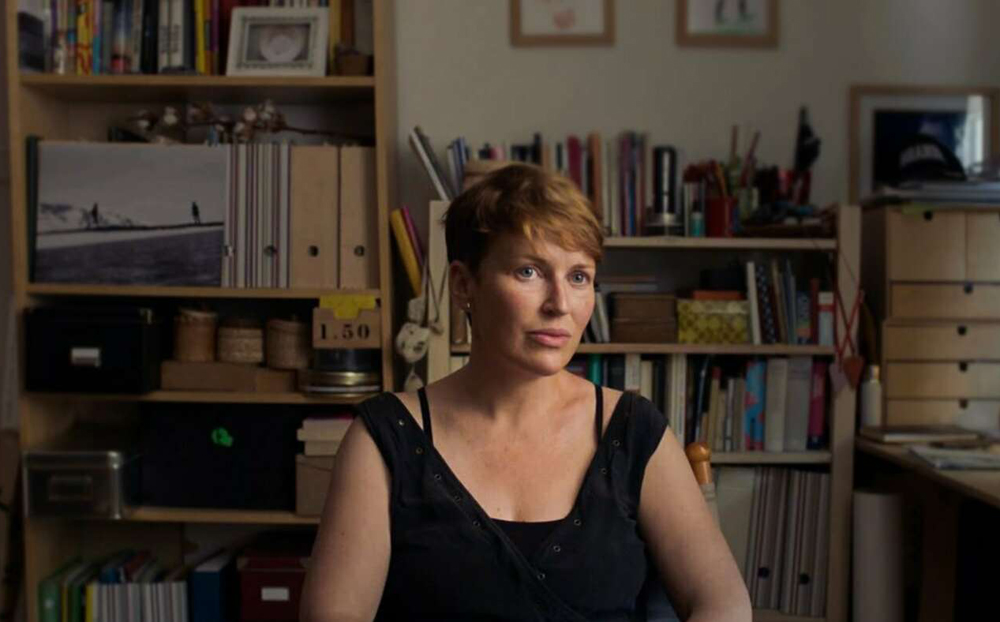“Something evil is in the very fundamentals of our state,” then-Slovakian president Andrej Kiska can be seen saying in “The Killing of a Journalist,” shortly before he announced he would not be running for reelection the following year. It’s an extraordinary public statement on its face that’s all the more remarkable when he is one of the few in power in the country not somehow implicated in the deaths of Ján Kuciak and his fiancée Martina Kušnírová, whose murders can be traced to massive corruption in the country, yet it is merely one jaw dropping moment of many in Matt Sarnecki’s gripping investigation into a scheme involving Marian Kočner, one of the country’s richest men, recruiting a former solider to carry out an execution through his associate Alena Zsuzsova and to the local government to cover it up.
Whether the film’s incredible access to police footage, running the gamut from raids to serve arrest warrants to interrogations that lead to confessions, is a result of Kuciak’s colleagues’ dogged pursuit of the truth following his death, leading to a massive public outcry, an effort for greater transparency on the part of the police department after losing the public’s trust or Sarnecki’s own persistence in obtaining public records — most likely a combination of all three, it quietly stands as a hopeful counterpoint to the dire situation that unfolds after a firm but fair question of Kočner from Kuciak, working as a reporter for aktuality.sk, at a press conference leads to threats for the journalist. As Kuciak’s colleague Pavla Holcová says when police asked if he had any enemies, “If you’re an investigative journalist, you have them,” but while it was relatively easy to pinpoint Kočner, who made menacing phone calls to Kuciak and had a history of scandalous behavior, pinning him down was another matter entirely when he was so closely tied to the political party of then-Prime Minister Robert Fico.
“The Killing of a Journalist” begins with the fallout and then digs into the details of the case, meticulously setting up how the public began asking the same questions that Kuciak had. Sarnecki may dip into biographical details of Kuciak and Kušnírová, who were only months away from getting married, but based on interviews with their families one suspects it’s truer to their spirit that the focus is on weeding out all the bad actors in the Slovakian government, from disgraced police chief Tibor Gašpar and Fico, who had hoped to continue to stay in power even after resigning by installing a new prime minister of his choice. The nuts and bolts of exposing such systemic rot may be slow and subtle in practice, but the film brings the work to light in electrifying fashion and Sarnecki shows a similar rigor as his subjects in collecting as many perspectives as he can, not only adding a new dimension by bringing in Kočner’s attorney Marek Para as his case heads to trial, but showing the collective effort it takes to levy such serious charges and make them stick. “The Killing of a Journalist” may depict the complete failure of a government susceptible to the pressure of the rich, but it inspires in presenting how impactful anyone can be when armed with the truth.
“The Killing of a Journalist” will screen again at Hot Docs on May 5th at 10:30 am at the Isabel Bader Theater.




